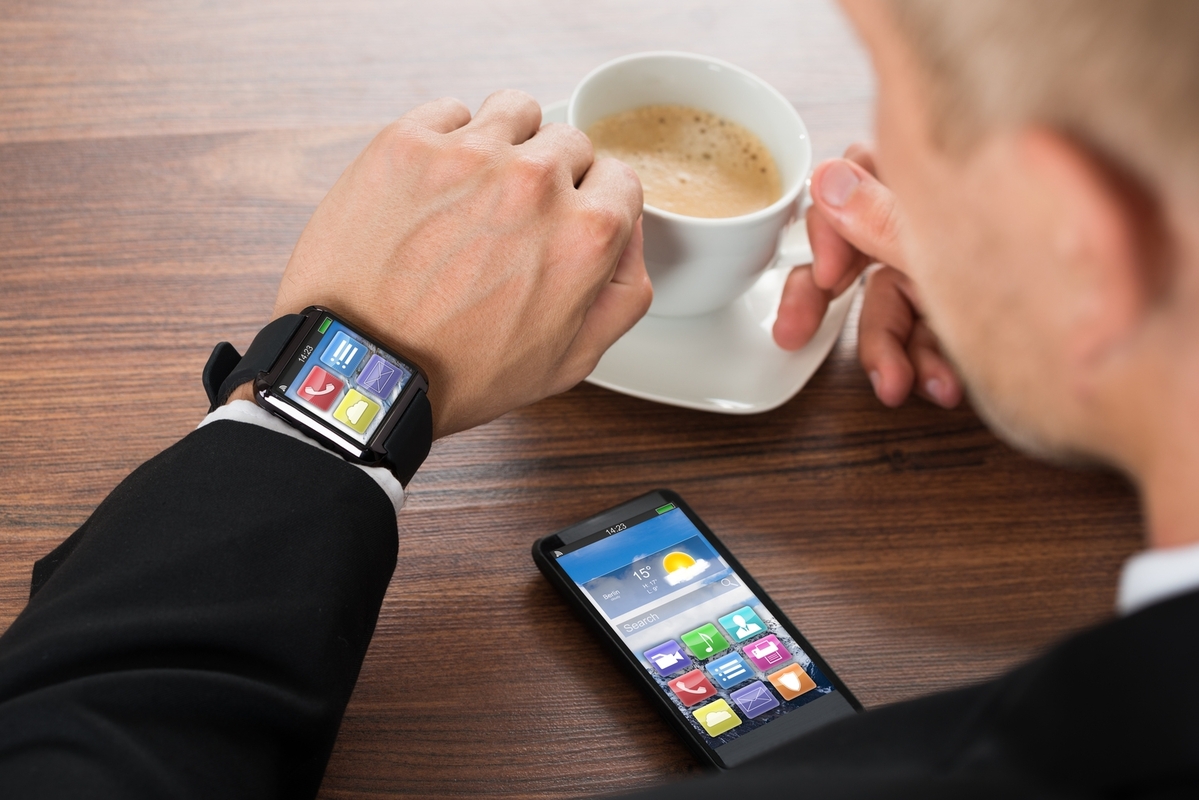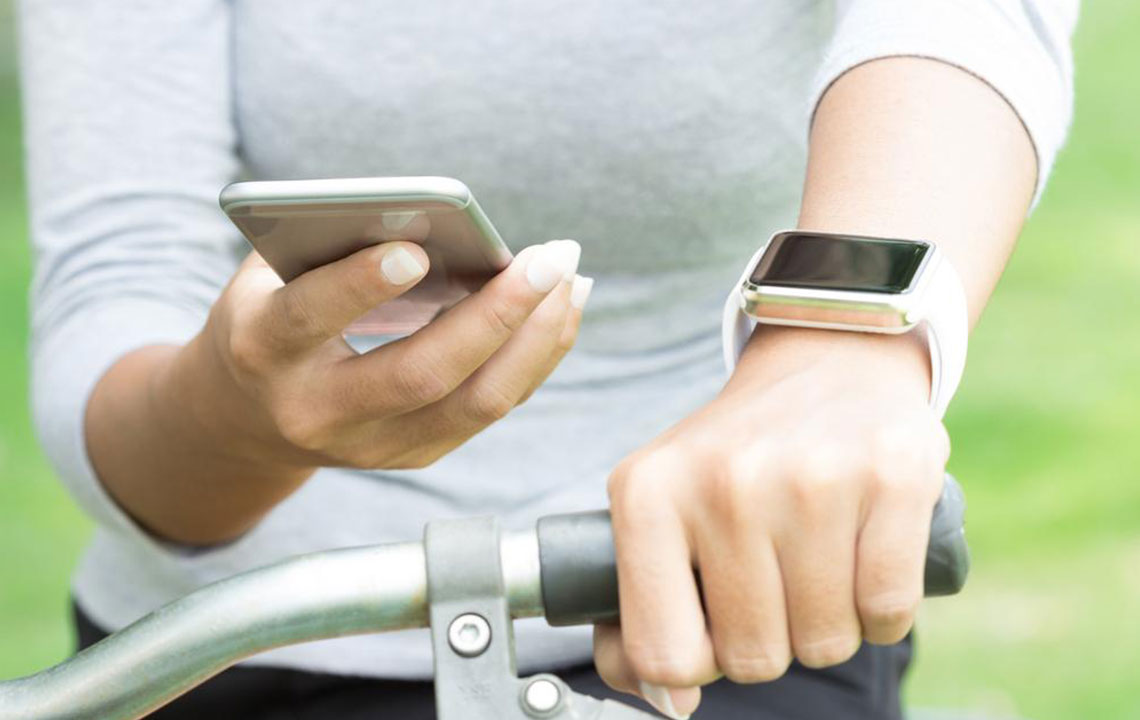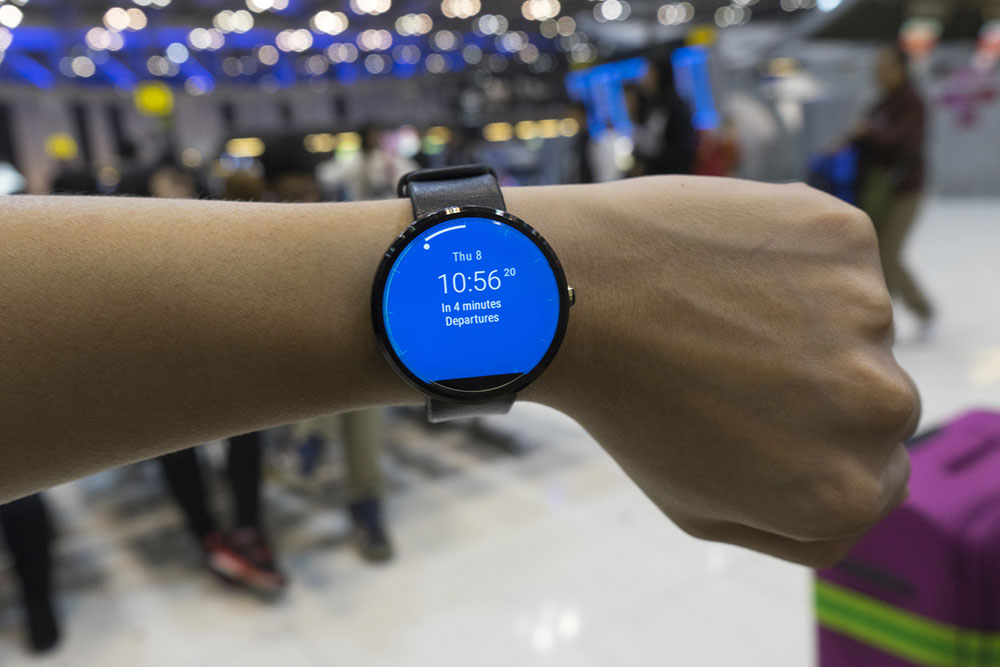Benefits of Smartwatches for Diabetics
In recent years, technology has significantly evolved, providing innovative solutions to challenges across various domains, including healthcare. One of the most promising advancements for individuals managing diabetes is the integration of smartwatches equipped with features designed to aid in monitoring this condition. These wearable devices offer a convenient and effective way to track critical health metrics, providing diabetics with the support needed to manage their health proactively.
Diabetes is a chronic condition that affects millions worldwide.

Features and Benefits of Smartwatches for Diabetics:
1. Continuous Glucose Monitoring (CGM) Integration:
Modern smartwatches offer compatibility with continuous glucose monitoring systems. These systems track glucose levels in real-time, alerting users to fluctuations that may require intervention. This seamless integration allows users to access glucose data directly on their smartwatch, aiding in timely decision-making.
2. Health Metrics Tracking:
Smartwatches are equipped with sensors that track physical activity, calories burned, and heart rate, providing a holistic view of an individual’s health. These metrics help diabetics optimize exercise routines and understand their body’s response to physical activity, which is crucial for effective diabetes management.
3. Alerts and Reminders:
Smartwatches can be programmed to send reminders for medication, insulin, or blood sugar checks, reducing the risk of missed doses and enhancing adherence to prescribed regimens. Additionally, smartwatches can alert wearers to abnormal glucose levels, prompting them to take immediate action.
4. Data Insights and Health Apps:
By syncing with comprehensive health apps, smartwatches can store and analyze data over time. This information can be shared with healthcare providers, enabling more personalized and informed treatment plans. Such data insights empower diabetics to make informed lifestyle adjustments and improve their overall health management strategy.
5. Convenience and Accessibility:
The convenience of having a smartwatch on one’s wrist ensures that essential health data is always accessible. Unlike traditional monitoring devices that may be cumbersome or require additional equipment, smartwatches offer a streamlined approach to health monitoring.
Challenges and Considerations:
While smartwatches provide numerous benefits for diabetes management, there are considerations to keep in mind. The initial cost of acquiring a smartwatch and compatible CGM systems can be high. Additionally, the accuracy of data and battery life of the device are important factors that users must consider. Ensuring that the smartwatch is compatible with the specific CGM system in use is also crucial for optimal functionality.
Moreover, while smartwatches can enhance health monitoring, they should not replace traditional medical devices or professional healthcare advice. Individuals should work closely with healthcare professionals to integrate these technologies into their diabetes care plan effectively.
Smartwatches have indeed revolutionized health monitoring for diabetics, offering features that enhance daily management of the condition. Through continuous glucose monitoring integration, health metrics tracking, personalized alerts, and comprehensive data insights, these devices help users maintain better control over their health. While challenges exist, the benefits they provide in terms of convenience, accessibility, and proactive management make them a valuable tool in the fight against diabetes. As technology continues to advance, the role of smartwatches in healthcare is likely to expand, paving the way for even more innovative solutions in diabetes management.




